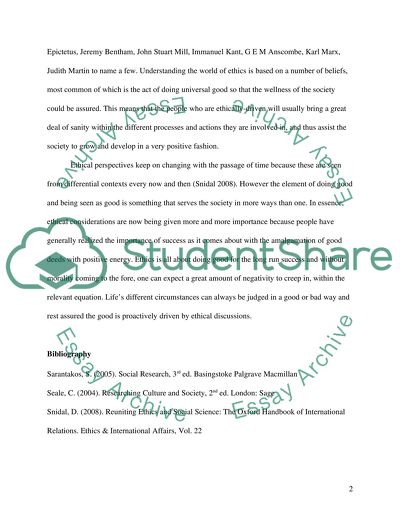Cite this document
(“Research methods and perspectives Essay Example | Topics and Well Written Essays - 1500 words”, n.d.)
Retrieved from https://studentshare.org/miscellaneous/1571770-research-methods-and-perspectives
Retrieved from https://studentshare.org/miscellaneous/1571770-research-methods-and-perspectives
(Research Methods and Perspectives Essay Example | Topics and Well Written Essays - 1500 Words)
https://studentshare.org/miscellaneous/1571770-research-methods-and-perspectives.
https://studentshare.org/miscellaneous/1571770-research-methods-and-perspectives.
“Research Methods and Perspectives Essay Example | Topics and Well Written Essays - 1500 Words”, n.d. https://studentshare.org/miscellaneous/1571770-research-methods-and-perspectives.


